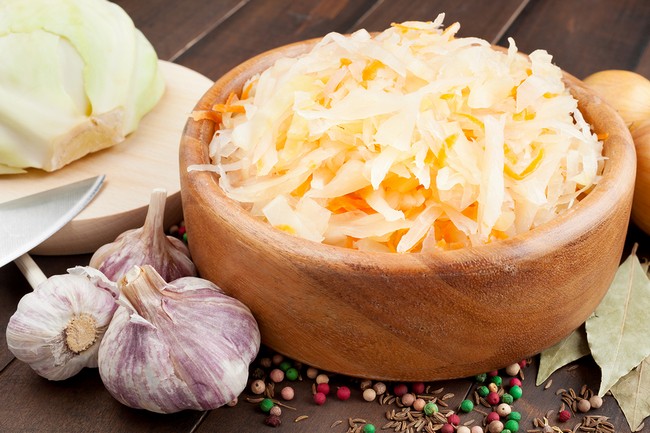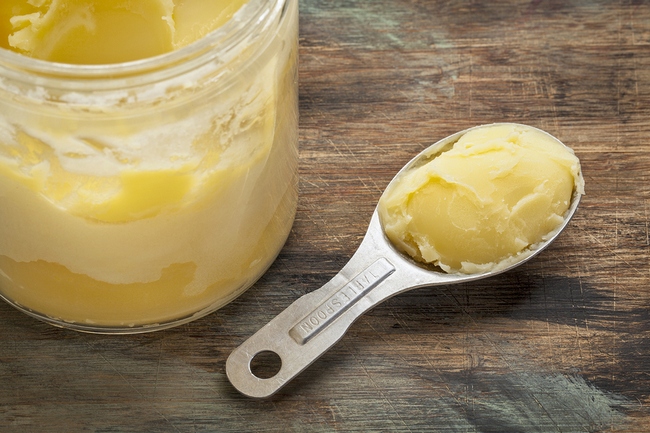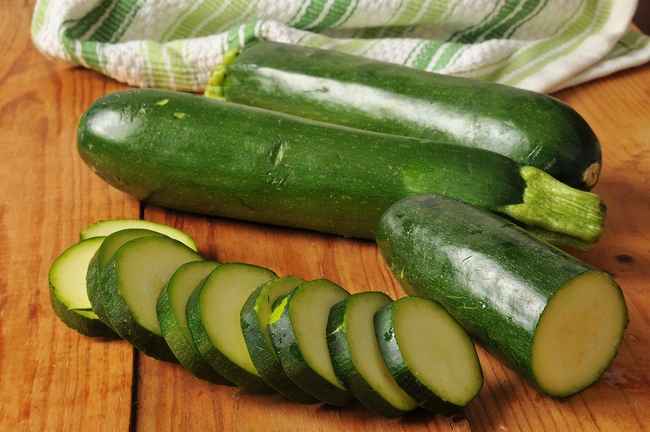- Make It Yourself Lavender Heart-Shaped Bath Bombs!
- 20 Things You Never Knew About “Down There”
- 12 Best Foods For Those Suffering From Arthritis Pain
- 12 Personal Hygiene Mistakes Almost Everyone Makes (Mom Never Told You About #4!)
- 15 Medicinal Plants And Herbs From The Cherokee People
- 12 Mind-Blowing Benefits Of Drinking Coconut Water During Pregnancy
- 12 Outstanding Winter Foods That Won’t Fatten You Up Like A Christmas Turkey
7 Amazing Foods that Do Wonderful Things for Your Digestion

Photo credit: bigstock
Helping Americans with their digestive problems is big business. Every year Americans spend millions of dollars on antacids, laxatives, fiber additives, as well as enzymes to improve our digestive systems. Eating a good, healthy, well balanced diet is really all you need to maintain digestive health. To avoid modern man’s digestive diseases, add these seven amazing foods to your diet and see just how good you can feel when your digestive system is working properly.
1. Bone Broth
Making old fashioned bone broth is a simple and easy way to improve digestion. The gelatin that is in bone broth can reduce inflammation as well as protect you against infections.
Bone broth contains many minerals, as well as calcium, glucosamine, chondroitin, phosphorus, and magnesium. Always use bones from organic or grass fed animals for best health.
Read also about hidden truth of farm fresh foods.

Photo credit: bigstock
2. Lacto-fermented Vegetables
Are you asking yourself, “What the heck is that?” right about now? It’s not as complicated as it sounds. Lacto-fermented vegetables are things like pickles, sauerkraut, and kimchee.
These are very strong detoxifiers that actually remove heavy metals and other toxins from the body.
They also have very high levels of gut healthy probiotics that cost a fraction of those supplements you see advertised everywhere.
You can actually make these tasty vegetables yourself with not much more than some clean, filtered water, salt, and some crisp, organic vegetables.

Photo credit: bigstock
3. Chia Seeds
These tiny little seeds are native to Guatemala and Mexico and are a good source of both nutrients as well as high in antioxidants.
Although they have no real taste, they are loaded with fiber, minerals, and omega-3 fatty acids.
Just two tablespoons of these powerful seeds give you 10 grams of fiber which is almost 35 percent of your daily recommended intake, as well as lowering your cholesterol, reducing inflammation, and regulating your bowel function; all in just two tablespoons.
Now that is a powerhouse of good digestion for one tiny little seed!

Photo credit: bigstock
4. Ghee
If you have never heard of this, don’t fret. It’s not some exotic fruit from another country; ghee is simply butter with most of the sugar, lactose, and milk fats removed from it. Ghee won’t go bad when left out at room temperature like butter can. It will keep its original flavor for up to a year.
The reason most other oils or fats give you that heavy, slow feeling in your gut is that they actually slow down the digestive process. Ghee, however, does the opposite.
It will stimulate your digestive system by encouraging the acids in your stomach to break down the foods you eat.
You can find organic ghee at most health food stores but it’s also fairly easy to make it yourself using organic, cultured, unsalted butter.

Photo credit: bigstock
5. Zucchini
The powerful little veggie with the name that’s fun to say!
This powerful vegetable is hydrating and extremely filling. It can detoxify the body while assisting with digestion. Zucchini has a very high giver index, so it cleans out the entire digestive tract, most notably the intestines.
It has a mildly laxative effect and can prevent toxins that can cause cancer from settling inside the large intestine.
Zucchini hold most of their nutrients in their skin, so try to eat them raw, or leave the skin on when cooking.

Photo credit: bigstock
6. Coconut Oil
Coconut oil has a slightly nutty, sweet taste and can be substituted for butter or oil in any recipe.
It’s solid when left at room temperatures, but unlike butter and other oils, coconut oil contains antimicrobial properties as well as fatty acids.
Coconut oil will improve immunity, digestion, and give your metabolism, as well as your energy levels, a healthy boost. For best health, try using organic, unrefined coconut oil.
Read more about other uses for coconut.

Photo credit: bigstock
7. Wild Alaskan Salmon
All salmon are not created equal.
Wild Alaskan salmon are not farm raised animals, as the name implies, and they aren’t fed GMO diets.
Find out why you should avoid farm raised salmon.
Wild Alaskan salmon is an anti-inflammatory, healthy food that is as good for you as it tastes.































